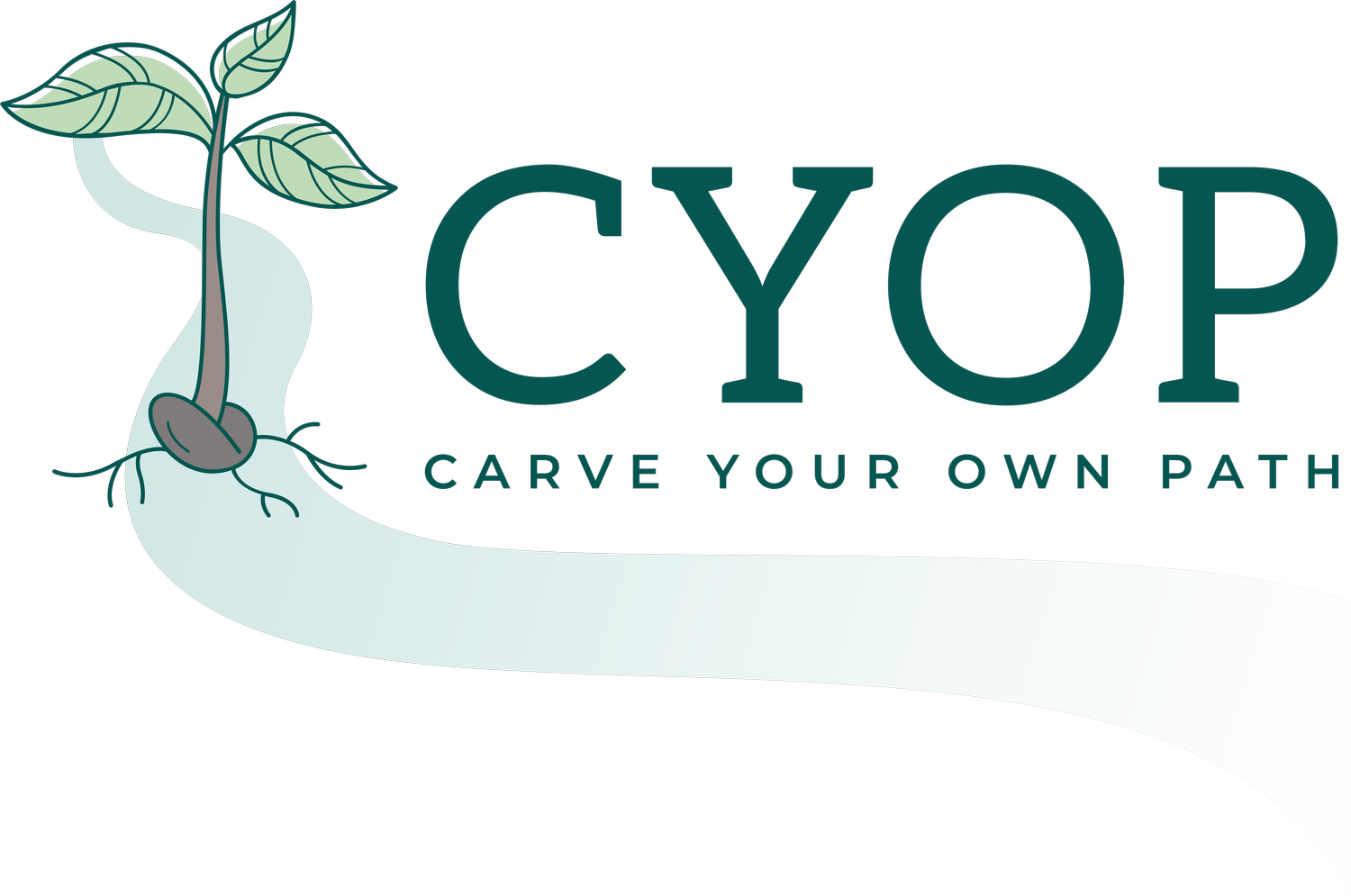Rethinking Self-Care: Beyond Bubble Baths and Spa Days
Have you ever felt the pressure to unwind with a luxurious spa day or an exotic vacation, only to find yourself feeling just as drained upon return? That's because societal ideas of self-care often miss the mark.
This blog post aims to shed light on what self-care truly is and how you can incorporate it into your daily life for lasting well-being.
Self-Care: A World Health Organization Definition
The World Health Organization (WHO) defines self-care as "the ability of individuals, families and communities to promote health, prevent disease, maintain health, and to cope with illness and disability with or without the support of a healthcare provider." [1]
This definition highlights several key aspects:
Multi-dimensionality: Self-care goes beyond physical pampering. It encompasses various aspects of your well-being, including emotional, social, spiritual, intellectual, environmental, and financial health.
Mindfulness: Effective self-care requires intentionality. It's about identifying your individual needs and taking action to address them.
Individualized approach: What works for one person might not work for another. Self-care is a personal journey of exploration and discovery.
The National Association of Social Workers (NASW) Code of Ethics reinforces this notion. The code emphasizes the importance of self-care for social workers, recognizing the demanding nature of the profession and the potential for burnout. It encourages social workers to prioritize self-care "to show up as the healthiest versions of ourselves for those we serve" [2].
SAMHSA's Eight Dimensions of Wellness: A Framework for Self-Care
The Substance Abuse and Mental Health Services Administration (SAMHSA) offers a helpful framework for self-care with its Eight Dimensions of Wellness model [3]. Here's a brief overview of each dimension:
Physical Wellness: Nutrition, exercise, sleep, and preventive healthcare are crucial for physical well-being.
Environmental Wellness: Creating a healthy and supportive environment at home and work can significantly impact your overall well-being.
Financial Wellness: Managing your finances effectively reduces stress and fosters a sense of security.
Occupational Wellness: Finding fulfillment and maintaining a healthy work-life balance are essential for occupational wellness.
Social Wellness: Having strong social connections is vital for emotional and mental health.
Emotional Wellness: Understanding and managing your emotions is key to navigating life's challenges effectively.
Spiritual Wellness: Developing a sense of purpose and meaning in life contributes to overall well-being.
Intellectual Wellness: Continuously stimulating your mind through learning and exploration keeps you sharp and engaged.
Key Takeaways: Moving Beyond the Myth of Pampering as Self-Care
Self-care is not about indulging in fleeting pleasures. It's about making conscious choices that nurture your well-being across various dimensions.
A one-size-fits-all approach doesn't work for self-care. Identify your unique needs and tailor your self-care practices accordingly.
Prioritizing self-care is not selfish; it's essential for maintaining your physical and mental health, allowing you to be your best self for yourself and others.
By embracing a multi-dimensional and individualized approach to self-care, you can cultivate a sense of well-being that empowers you to live a healthier and more fulfilling life.
References:
Gobin, R. L. (2019). The self-care prescription: powerful solutions to manage stress, reduce anxiety & increase well- being. Althea Press.
National Association of Social Workers (NASW) Code of Ethics 2021 Revisions: https://www.socialworkers.org/LinkClick.aspx?fileticket=UyXb_VQ35QA%3d&portalid=0 [NASW Code of Ethics 2021 Revisions]
Substance Abuse and Mental Health Services Administration (SAMHSA). SAMHSA's Eight Dimensions of Wellness https://www.samhsa.gov/
